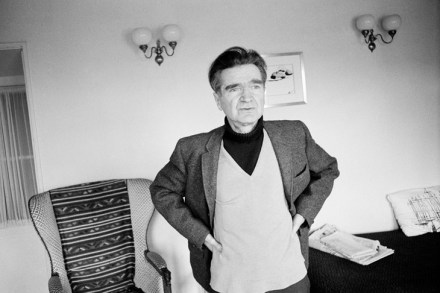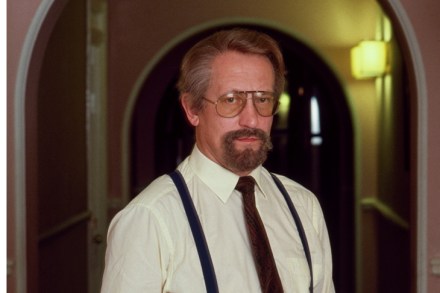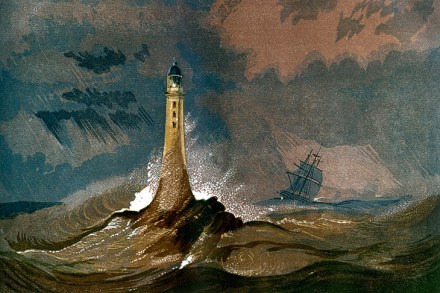Pithy and profound
It’s not surprising, perhaps, that Emil Cioran isn’t much read in England. Born in Romania, but winning a scholarship to the University of Berlin in 1933, Cioran was an avid supporter of both the Nazis and the Romanian far right group, the Iron Guard. His writing is bleakly nihilistic, his titles a hint to what





















